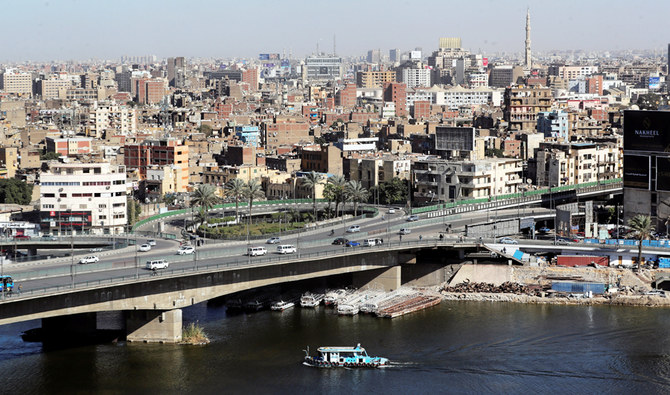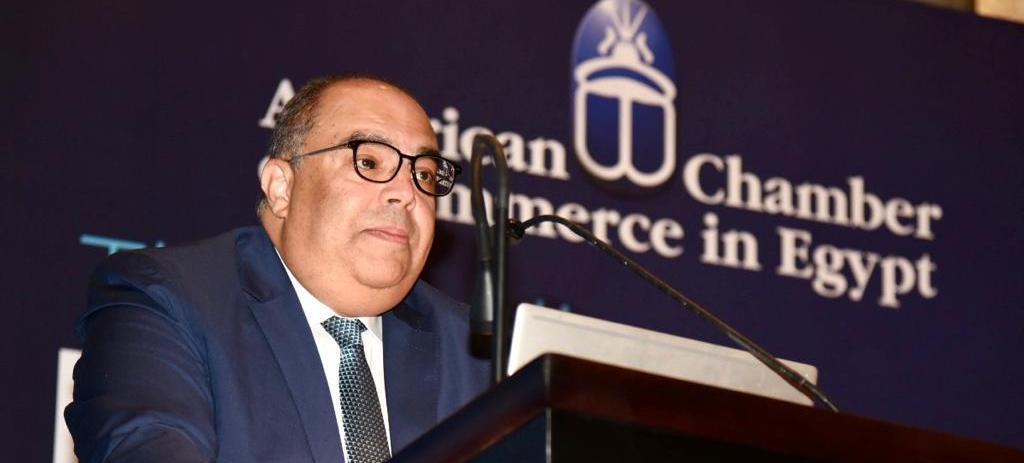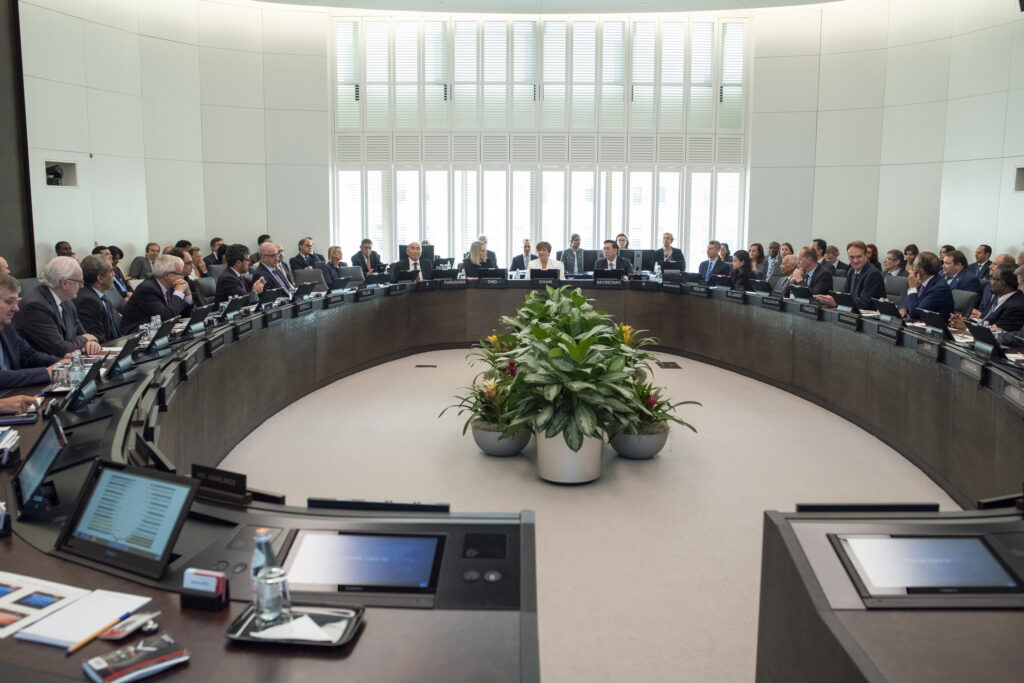The severe US dollar shortage in Egypt has prompted major international credit rating agencies to downgrade the country’s long-term sovereign credit rating. Despite the downgrade, the agencies maintain a stable outlook, signaling optimism for Egypt’s investment climate.
Finance Minister Mohamed Maait attributes the stable outlook to government efforts in accelerating structural reforms to encourage investment and empower the private sector. Egypt is currently grappling with an unprecedented US dollar shortage, leading to significant disparities between official and parallel market exchange rates.
Credit downgrades
According to financial and equity market analyst Hanin El-Mahdy, the ongoing global debt crisis has led major credit rating institutions such as S&P, Moody’s, and Fitch to downgrade ratings for both developed and developing countries. Egypt, facing a continuous downgrading, is particularly affected due to the risk of insolvency arising from increasing debt levels, as measured by the Debt to GDP ratio. El-Mahdy emphasizes the worldwide impact of the debt crisis on credit ratings.
International credit rating reports play a crucial role in helping foreign investors assess the future economic outlook for Egypt and determine whether it is a suitable investment destination. Despite Egypt’s multiple credit rating downgrades, El-Mahdy notes that investors continue to inject more capital into the economy, whether through the stock market or by acquiring various types of Egyptian treasuries. The geographic importance of Egypt in the MENA region, coupled with its role in international trade, highlights the necessity of maintaining a flow of foreign liquidity to support the economy.
Egyptian bonds, resistant to the dollar, are increasingly attracting investors, as reported by Citi Bank. The devaluation of the Egyptian Pound (EGP) and the hyperinflation in the Egyptian economy are drawing more foreign investors to the Egyptian stock market. The implementation of economic reforms, such as the government’s plan to sell shares in public companies, further enhances the appeal of Egyptian treasuries.
Foreign liquidity
Furthermore, El-Mahdy pointed out that news about Arab deposits being added to the Central Bank of Egypt’s (CBE) foreign reserves solidifies Egypt as a haven destination. This, along with the growing inflow of foreign direct investments in Egypt, contributes to an increase in foreign liquidity.
Shedding light on the Israel-Hamas war in Gaza and its likely impact on the scene, El-Mahdy notes that despite the geopolitical shock, the CBE’s USD foreign reserves have increased to $35.1 billion.
Last week, Kuwait extended the maturity of a $4 billion deposit at the CBE to back the country’s international reserves. The deposit includes two sums valued at $2 billion each due in April and September.
“In a nutshell, the predicted impact of such reports should be negative on investors’ behavior however it is creating a positive impact on the Egyptian economy as well as on investors’ behavior,” according to El-Mahdy.
Currency devaluation
Speaking to Business Monthly, Nashwa Saleh, Associate Professor of Finance and Fintech at Kingston Business School in London, emphasizes that as long as there is a substantial gap between the US dollar rate in Egypt’s official market and the parallel market, the pressure on Egypt’s credit rating will persist, negatively impacting macroeconomic indicators.
Saleh points out, “As long as the fourth wave of local currency devaluation against the US dollar has not been applied yet, foreign direct investments (FDIs) and remittance inflows could increase the pressure of a likely downgrade of Egypt’s outlook to negative.”
According to Fitch Ratings’ report on Egypt, the stable outlook reflects expectations that Egypt’s reforms, including the privatization program, the slowdown of mega projects, and exchange rate adjustments, will accelerate after the presidential elections scheduled in December. The report suggests that this could pave the way for a new and potentially larger IMF program and additional support from the Gulf Cooperation Council (GCC).
In recent days, both Qatar and Saudi Arabia announced plans to increase their investments in Egypt. Additionally, the Managing Director of the IMF, Kristalina Georgieva, stated that the Fund is considering raising the value of the current $3 billion loan deal for Egypt amid the geopolitical tension in the Middle East.
Egypt has also unveiled a plan to collect $191 billion to replenish its US dollar liquidity through 2026, mainly sourced from revenues in tourism, the Suez Canal, maritime services, outsourcing services in the IT sector, along with remittances and merchandise exports.







